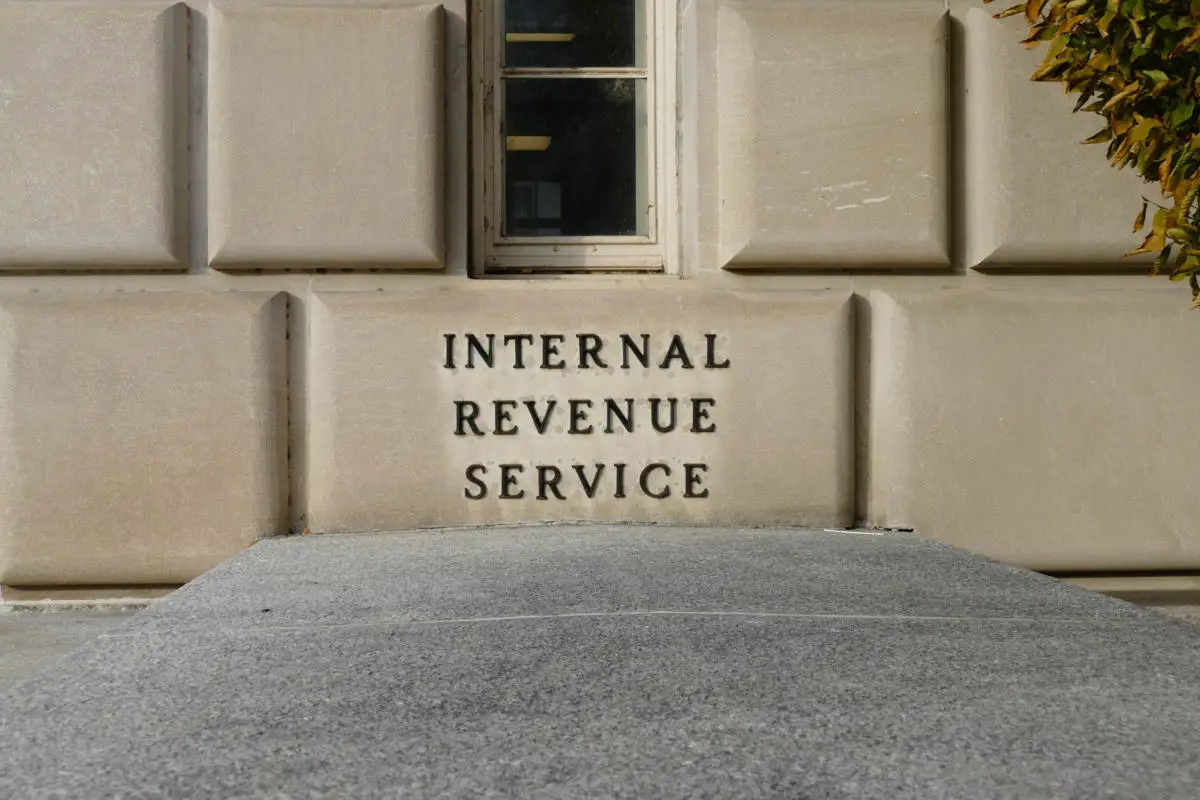IRS Currency Transaction Report
Today I’m taking time out from my offshore beat to warn you about the CTR. An IRS Currency Transaction Report is a form filed by U.S. banks and casinos each time you make a deposit or withdrawal of $10,000 or more. It is filed in secret, without your knowledge, you don’t receive a copy, and it becomes part of your permanent IRS file. An IRS Currency Transaction Report greatly increases your chances of an audit.
If you are a high stakes gambler, you should be aware that any casino transaction of $10,000 will result in a Currency Transaction Report being sent to the IRS. Just as high dollar wins are reported on form W-2G, buying in or cashing in high dollar chips is traced with a Currency Transaction Report. Both W-2G and CTR increase your chances of an audit and require you to prove 1) where the cash came from, 2) where the cash went, and 3) whether the cash was properly reported on your tax return.
- IRS Currency Transaction Reports are filed by U.S. banks and U.S. casinos. These rules do not apply to offshore casinos. Also, offshore banks do not file CTRs … for now. I expect that will change soon enough.
If you are in a cash business, like a successful bar, or restaurant, you will generate an IRS Currency Transaction Report every time you deposit more than $10,000.
Now for the point of this article: Never attempt to avoid the IRS Currency Transaction Report. You might end up behind bars.
Yes, planning your deposits to avoid the CTR is a crime. While it might be hard to believe, there are Americans sitting in jail because they “structured” their cash transactions in an attempt to avoid a costly IRS audit.
And I’m not talking about terrorists, money launderers, or the likes of Al Capone. I mean ordinary citizens are sitting in jail for attempting to avoid an IRS exam by depositing $6,000 one day and $6,000 the next, rather than $12,000 all at once. Planning to avoid an IRS Currency Transaction Report is the crime of “structuring,” and it is punishable by up to 5 years in prison.
- Never heard of structuring? Very few have, but ignorance of the law is not a defense to a criminal charge.
If you are in a cash business, you must have policies in place to track and deposit cash. Maybe you go to the bank every morning or maybe twice a week. Don’t vary your routine and never hold cash in your safe to prevent the CTR.
If you take steps to structure your affairs, you run the risk of your bank filing a Suspicious Activity Report. This will certainly bring down the weight of the Federal Government up on you and is far worse than and IRS Currency Transaction Report.
One interesting issue: If your policies result in your depositing around $9,000 twice a week, you might want to change to once a week. As strange as this sounds, it will guarantee the IRS Currency Transaction Report and avoid the STR.
As the United States works even harder to control its citizenry, and ensure only “approved or compliant” transactions get through, you can be assured that laws like the IRS Currency Transaction Report will continue.











